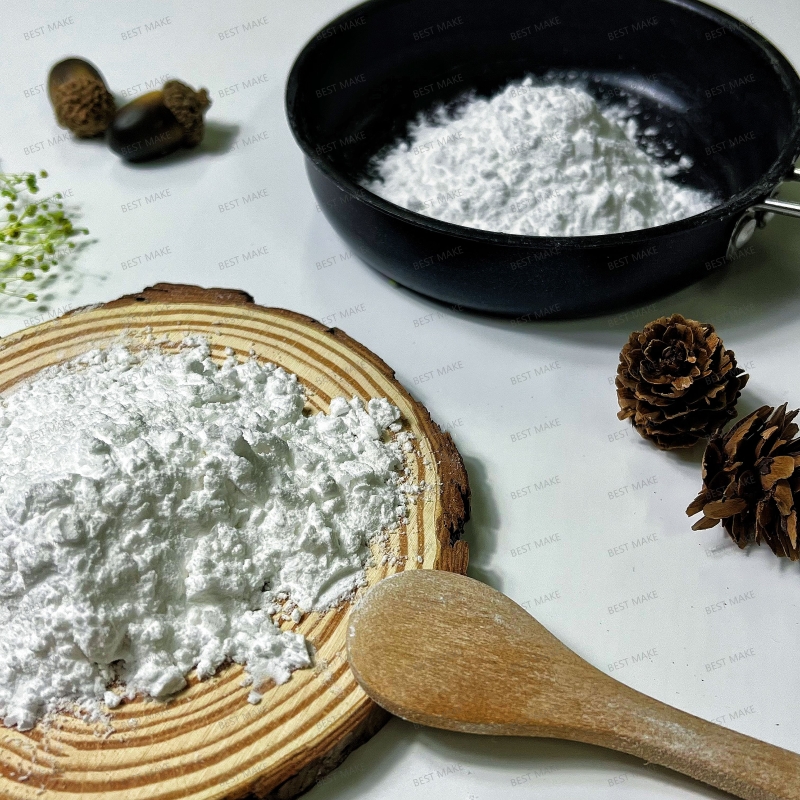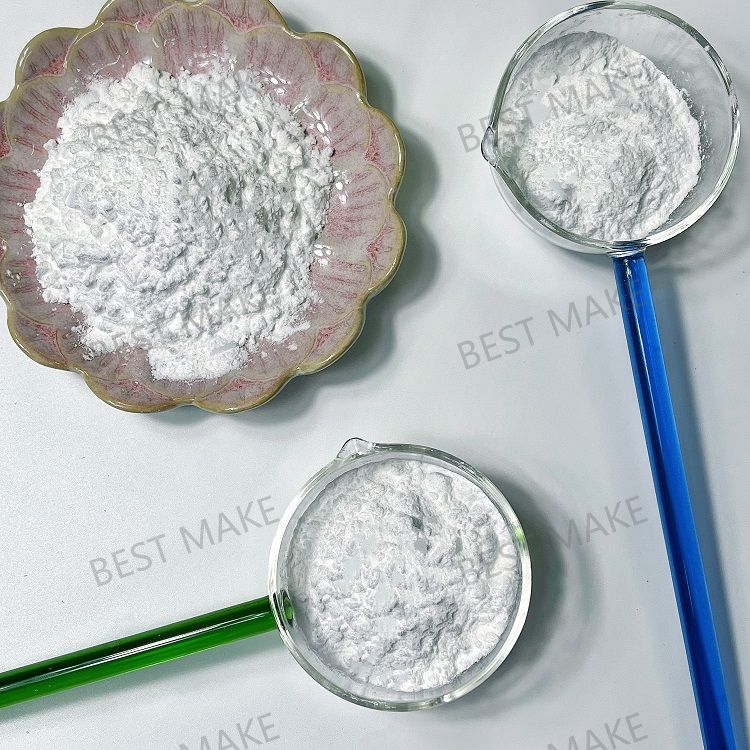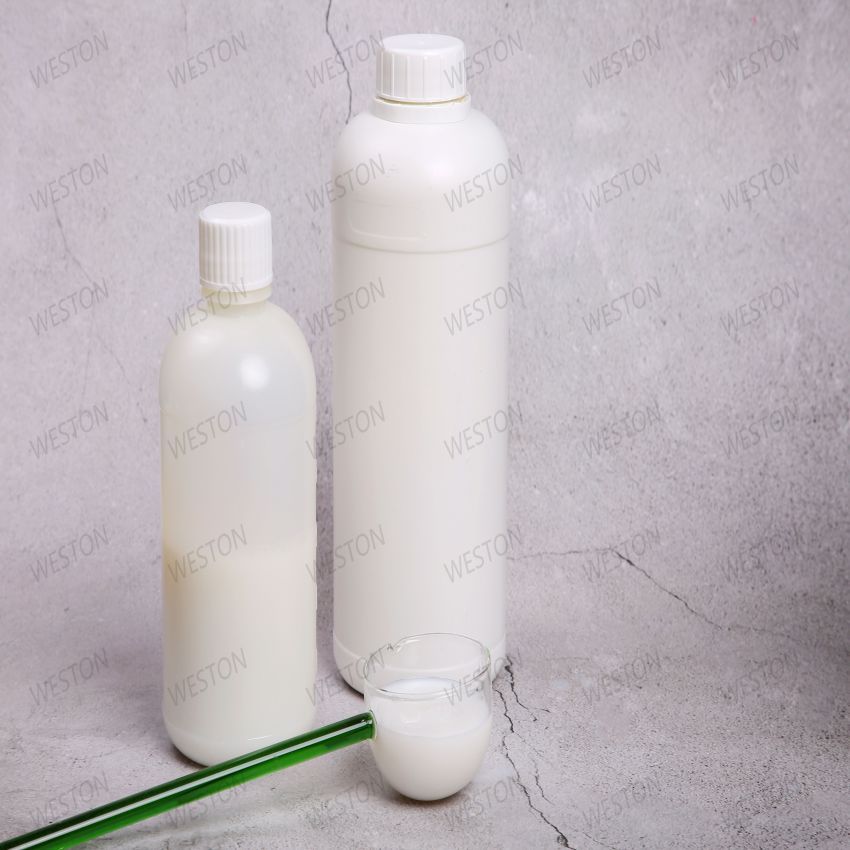-
Categories
-
Pharmaceutical Intermediates
-
Active Pharmaceutical Ingredients
-
Food Additives
- Industrial Coatings
- Agrochemicals
- Dyes and Pigments
- Surfactant
- Flavors and Fragrances
- Chemical Reagents
- Catalyst and Auxiliary
- Natural Products
- Inorganic Chemistry
-
Organic Chemistry
-
Biochemical Engineering
- Analytical Chemistry
- Cosmetic Ingredient
-
Pharmaceutical Intermediates
Promotion
ECHEMI Mall
Wholesale
Weekly Price
Exhibition
News
-
Trade Service
Toshiba was once a Japanese consumer electronics brand familiar to Chinese consumers, but with the accounting fraud scandal and fierce competition in the electronics market, Toshiba began to be forced to transform
.
According to the latest report on the website of the Japan Times, with the help of the Japanese government, Toshiba is expected to obtain orders for lithium batteries for submarines in Australia and will build lithium battery factories
in Australia.
Toshiba's home appliance business has fallen into trouble
.
According to media reports such as Nikkei, Japan's industrial innovation agency intends to acquire Toshiba's home appliance business and integrate
it with Sharp's home appliance business.
Toshiba has embarked on the road of restructuring and transformation, and lithium batteries will become an important pillar business
of Toshiba.
According to Japanese media reports, Japan is about to get the largest military order in Asian history, that is, to build more than a dozen submarines for Australia, with an order amount of up to $36 billion, while the Japanese government wants Toshiba to get lithium battery orders
.
Sources said Toshiba is considering building a lithium battery factory in Australia to supply
Australia's submarine manufacturing projects.
With an investment of several hundred million dollars, the plant will provide lithium batteries
to commercial users around the world, in addition to submarine projects.
According to reports, this project is closely related to Australia's submarine project and has not yet been finalized
.
In the tender for orders for the Australian submarine project, Japan is expected to win
.
At the same time, the Australian government also hopes that Japan can invest in factories in Australia to provide some jobs
in Australia.
For Australia, investment in the manufacturing sector is urgently needed, and it is well known that the country mainly exports energy commodities, but the sharp fall in prices on the international market has affected the Australian economy and income
.
A source said the current Australian government wanted to stimulate the economy through innovation, and Japanese companies had an advantage
in technological innovation.
At present, Australia's submarine manufacturing industry is mainly distributed in South Australia, although sources have not disclosed where Toshiba is building lithium battery factories
in Australia.
In the face of media verification, Toshiba officials said that there are no plans
to build a lithium battery factory in Australia.
A spokesman for Japan's Defense Ministry said that if Japan succeeds in its bid for Australian submarines, which company will provide lithium batteries has not yet been determined
.
The specific supplier of submarine components will be jointly decided
by Japan and Australia.
A South Australian defense industry official said that regardless of which party wins the submarine order, South Australia hopes to build a state-of-the-art lithium battery factory
in the state.
He also said that the lithium battery project in South Australia will also be an example of the country's submarine plan to promote the development of local manufacturing
.
Japanese media said that if it gets an order for lithium batteries for Australian submarines, it will be good news
for Toshiba, which is in trouble.
In the current fiscal year ending at the end of March, Toshiba will lose $6.
2 billion.
Previously, Toshiba had laid off nearly a quarter of its employees and restructured
its home appliance business and semiconductor business.
It is reported that Toshiba will divest the personal computer business and merge
with the businesses of VAIO and Fujitsu.
In addition, the Japan Industrial Innovation Agency is also considering merging
Toshiba's home appliance business with other companies.
According to sources, there are two companies competing for orders for lithium batteries for Australian submarines, namely Toshiba and GS Yuasa, and Toshiba's lithium batteries are easier to maintain than rivals, so they are expected to get orders
.
In addition, if Toshiba decides to build a factory in Australia, it is unknown whether it will be assembly in nature (providing fewer jobs) or building a factory from scratch
.
According to reports, if the tender is successful, Japan plans to supply Australia with a displacement of 4,000 tons of Soryu diesel-electric submarines, the main manufacturers are Mitsubishi Heavy Industries and Kawasaki Heavy Industries, and the underwater propulsion system needs lithium batteries to provide energy
.
Competing with Japan are France's state-owned arms factory DCNS and Germany's Thyssen Krupp, with France planning to supply the 5,000-ton Barracuda nuclear-powered submarine and Germany planning to offer an upgraded version
of the Type 21.
Toshiba was once a Japanese consumer electronics brand familiar to Chinese consumers, but with the accounting fraud scandal and fierce competition in the electronics market, Toshiba began to be forced to transform
.
According to the latest report on the website of the Japan Times, with the help of the Japanese government, Toshiba is expected to obtain orders for lithium batteries for submarines in Australia and will build lithium battery factories
in Australia.
Toshiba's home appliance business has fallen into trouble
.
According to media reports such as Nikkei, Japan's industrial innovation agency intends to acquire Toshiba's home appliance business and integrate
it with Sharp's home appliance business.
Toshiba has embarked on the road of restructuring and transformation, and lithium batteries will become an important pillar business
of Toshiba.
According to Japanese media reports, Japan is about to get the largest military order in Asian history, that is, to build more than a dozen submarines for Australia, with an order amount of up to $36 billion, while the Japanese government wants Toshiba to get lithium battery orders
.
Sources said Toshiba is considering building a lithium battery factory in Australia to supply
Australia's submarine manufacturing projects.
With an investment of several hundred million dollars, the plant will provide lithium batteries
to commercial users around the world, in addition to submarine projects.
According to reports, this project is closely related to Australia's submarine project and has not yet been finalized
.
In the tender for orders for the Australian submarine project, Japan is expected to win
.
At the same time, the Australian government also hopes that Japan can invest in factories in Australia to provide some jobs
in Australia.
For Australia, investment in the manufacturing sector is urgently needed, and it is well known that the country mainly exports energy commodities, but the sharp fall in prices on the international market has affected the Australian economy and income
.
A source said the current Australian government wanted to stimulate the economy through innovation, and Japanese companies had an advantage
in technological innovation.
At present, Australia's submarine manufacturing industry is mainly distributed in South Australia, although sources have not disclosed where Toshiba is building lithium battery factories
in Australia.
In the face of media verification, Toshiba officials said that there are no plans
to build a lithium battery factory in Australia.
A spokesman for Japan's Defense Ministry said that if Japan succeeds in its bid for Australian submarines, which company will provide lithium batteries has not yet been determined
.
The specific supplier of submarine components will be jointly decided
by Japan and Australia.
A South Australian defense industry official said that regardless of which party wins the submarine order, South Australia hopes to build a state-of-the-art lithium battery factory
in the state.
He also said that the lithium battery project in South Australia will also be an example of the country's submarine plan to promote the development of local manufacturing
.
Japanese media said that if it gets an order for lithium batteries for Australian submarines, it will be good news
for Toshiba, which is in trouble.
In the current fiscal year ending at the end of March, Toshiba will lose $6.
2 billion.
Previously, Toshiba had laid off nearly a quarter of its employees and restructured
its home appliance business and semiconductor business.
It is reported that Toshiba will divest the personal computer business and merge
with the businesses of VAIO and Fujitsu.
In addition, the Japan Industrial Innovation Agency is also considering merging
Toshiba's home appliance business with other companies.
According to sources, there are two companies competing for orders for lithium batteries for Australian submarines, namely Toshiba and GS Yuasa, and Toshiba's lithium batteries are easier to maintain than rivals, so they are expected to get orders
.
In addition, if Toshiba decides to build a factory in Australia, it is unknown whether it will be assembly in nature (providing fewer jobs) or building a factory from scratch
.
According to reports, if the tender is successful, Japan plans to supply Australia with a displacement of 4,000 tons of Soryu diesel-electric submarines, the main manufacturers are Mitsubishi Heavy Industries and Kawasaki Heavy Industries, and the underwater propulsion system needs lithium batteries to provide energy
.
Competing with Japan are France's state-owned arms factory DCNS and Germany's Thyssen Krupp, with France planning to supply the 5,000-ton Barracuda nuclear-powered submarine and Germany planning to offer an upgraded version
of the Type 21.







